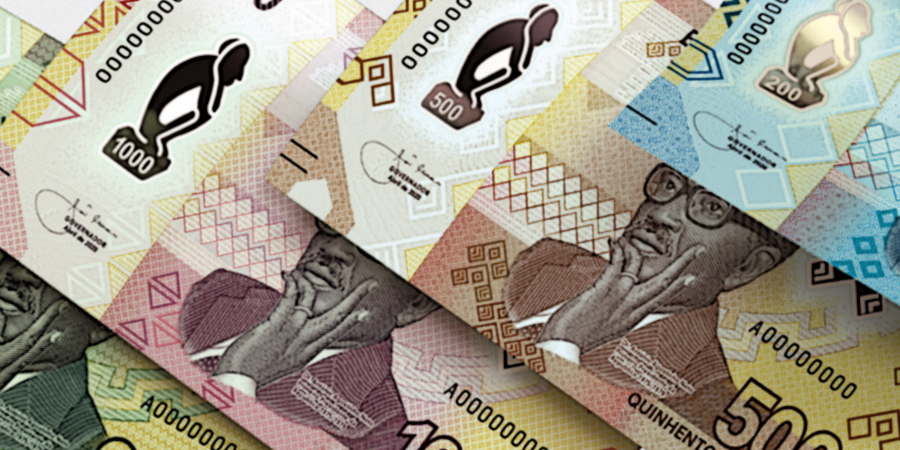The governor of the National Bank of Angola (BNA), Manuel Dias, last weekend said the expansion of banking services in the country is a fundamental tool that contributes to greater integration and participation of the population in services.
The BNA governor, for whom financial literacy levels can be improved with greater financial inclusion, said the expansion of banking services can contribute to increase and develop the formal economy of the country.
According to the BNA governor, studies carried out by the central bank have shown that levels of financial literacy, above all through the adherence to banking services by the population, are still extremely low in the country, at around 30 percent.
These levels, explained Manuel Dias, can be improved with greater financial inclusion, which is why the country is working on a financial inclusion strategy for the next five years.
The governor recalled that, for a long time, the kwanza (Angolan currency) has been introduced as a payment instrument for the national economy and has gone through various periods characterized by ups and downs, with changes even in the denomination itself.
In this regard, he said that despite the less good periods that have characterized the economy, the kwanza continues to be considered “a national symbol, a currency with the power of liberation at national level and accepted by all the country’s citizens.
According to Manuel Dias, the BNA’s commitment, as the institution that ensures price stability in the economy, is to do everything it can to preserve the value of the national currency.
Asked about his assessment of the currency’s performance and what is being done to bring the kwanza close to the largest currencies in circulation in the world, Manuel Dias said that, in addition to its liberating power in Angola, the national currency is accepted in neighboring countries.
“We believe that with everyone’s efforts, both the BNA and the economic agents, with more stability, especially in prices, we can have an increasingly strong kwanza capable of responding to the wishes of the Angolan population, especially with regard to the fundamental functions of the national currency,” the BNA governor said.
As regards the Angolan government’s challenge to keep inflation at 15 percent throughout 2024, the governor said that this is the main target by now, although the BNA has greater responsibilities in this matter, having reiterated that price stability in the economy depends essentially on an increase of goods and services domestically.

